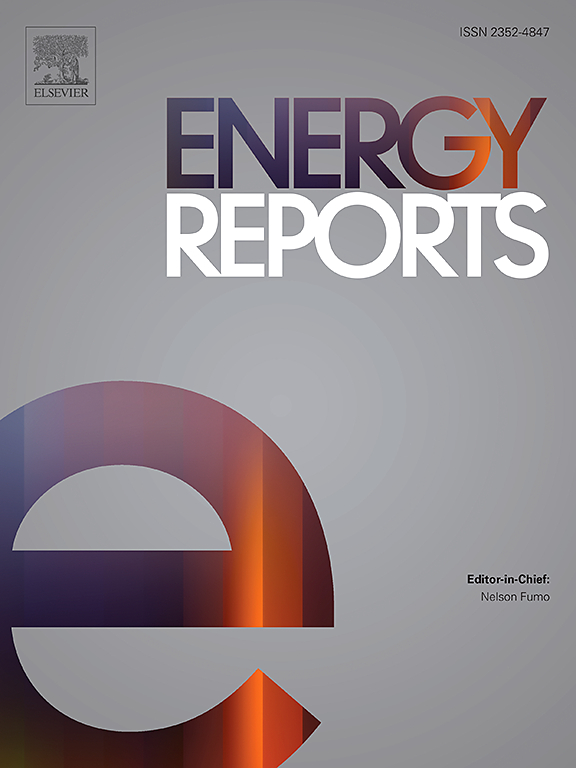Global trends in electric vehicle adoption and the impact of environmental awareness, user attributes, and barriers
IF 4.7
3区 工程技术
Q2 ENERGY & FUELS
引用次数: 0
Abstract
Electric vehicles, powered by one or more electric motors, offer numerous advantages, such as reduced noise pollution, a cleaner environment, and lower operating costs. The selection of electric cars could be influenced by various drivers including environmental awareness, user attributes, barriers, incentives, and user awareness. Accordingly, this paper aimed to explore the impacts of those influential drivers on adopting kinds of electric vehicles by considering spatiotemporal patterns. In this paper, the meta-regression approach was run to combine the findings of 38 primary articles from 1990 to 2023. In this context, the effects of main drivers on adopting electric vehicles were assessed in Battery Electric Vehicles (BEVs), Plug-in Hybrid Electric Vehicles (PHEVs), and Hybrid Electric Vehicles (HEVs). The findings indicate that the main drivers influence the selection of electric cars. The meta-regression results showed that achieving electric vehicle adoption can be globally influenced by environmental awareness (= 0.23), user attributes (= 0.17), barriers (= −0.07), and user awareness (= 0.12). The highest spatial effect is related to the adoption of BEVs (= 0.17) by European countries. Accordingly, the use of electric cars is recommended, especially in large countries that emit greenhouse gases such as China and India. The expansion of electric vehicles, especially renewable energy, is suggested to reduce fuel imports and reduce vulnerability to fuel price fluctuations, especially in countries dependent on fossil fuels such as Middle Eastern countries. In this context, policymakers are advised to use incentive tools, like free parking and tax exemptions, to accelerate the selection of electric cars in areas with slower uptake.
求助全文
约1分钟内获得全文
求助全文
来源期刊

Energy Reports
Energy-General Energy
CiteScore
8.20
自引率
13.50%
发文量
2608
审稿时长
38 days
期刊介绍:
Energy Reports is a new online multidisciplinary open access journal which focuses on publishing new research in the area of Energy with a rapid review and publication time. Energy Reports will be open to direct submissions and also to submissions from other Elsevier Energy journals, whose Editors have determined that Energy Reports would be a better fit.
 求助内容:
求助内容: 应助结果提醒方式:
应助结果提醒方式:


